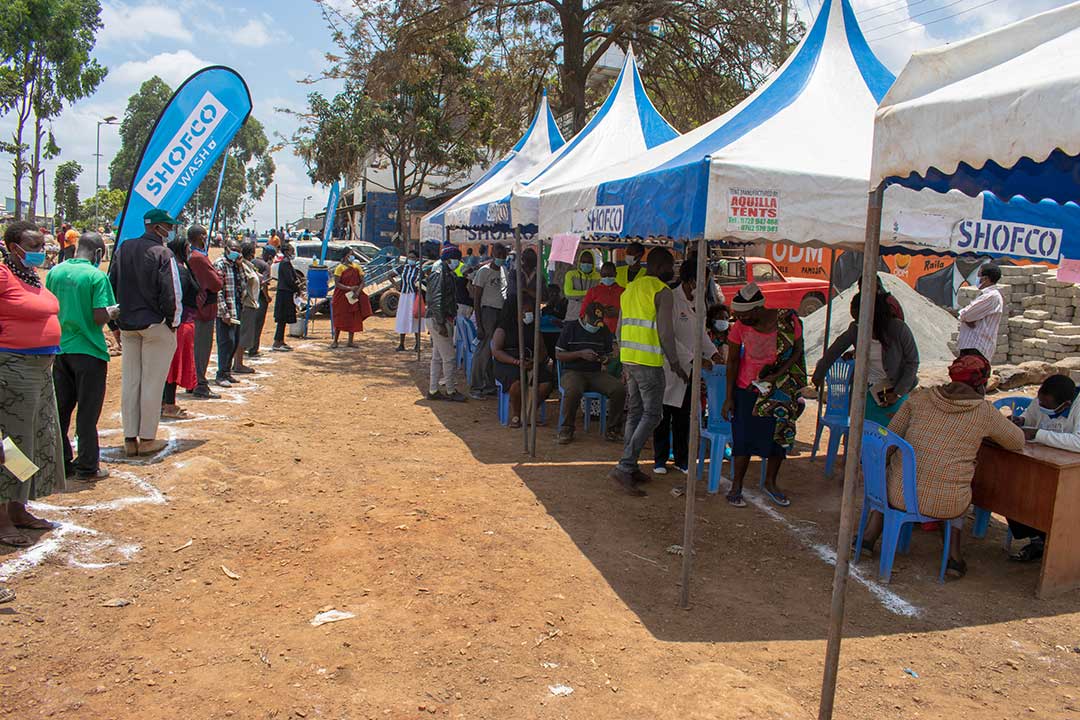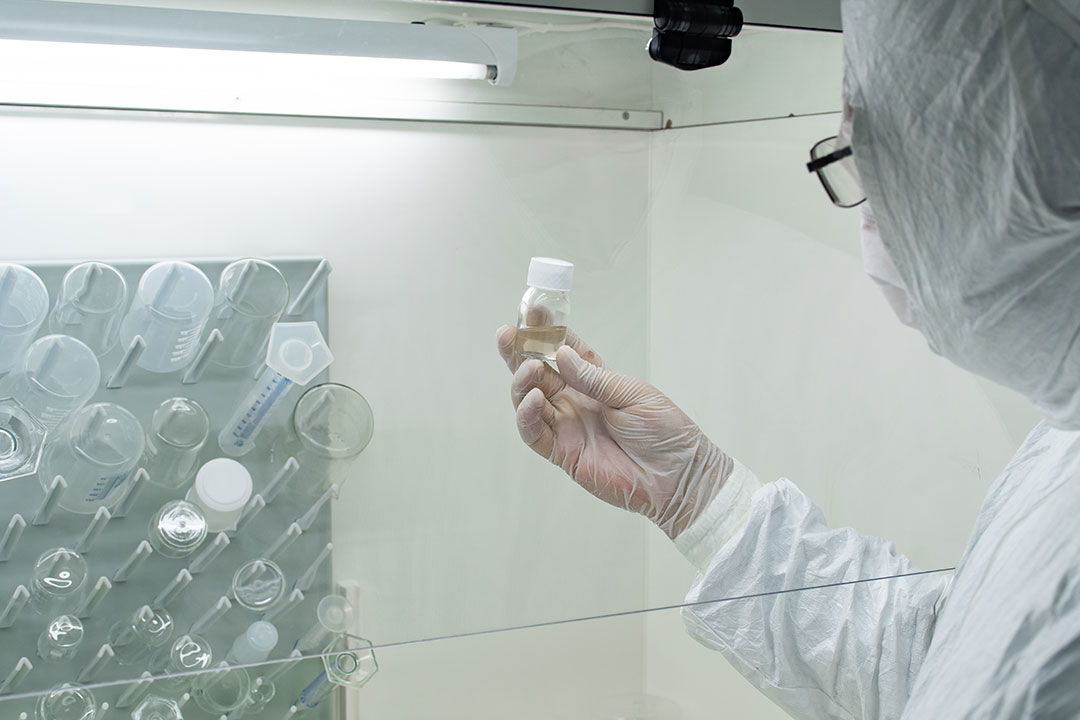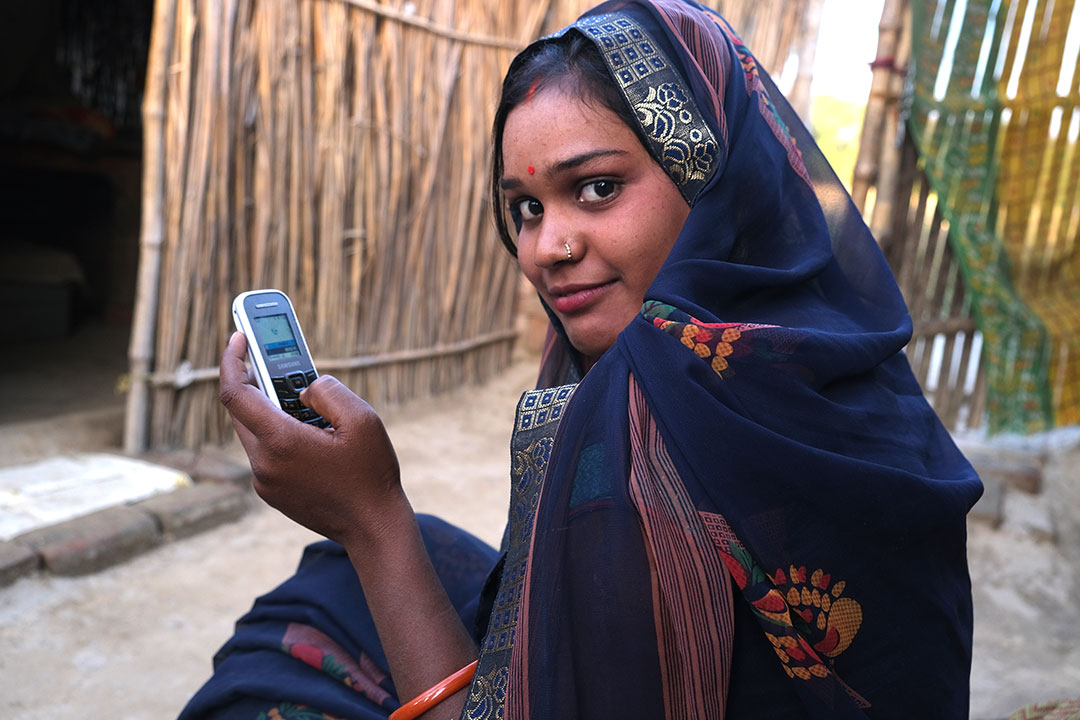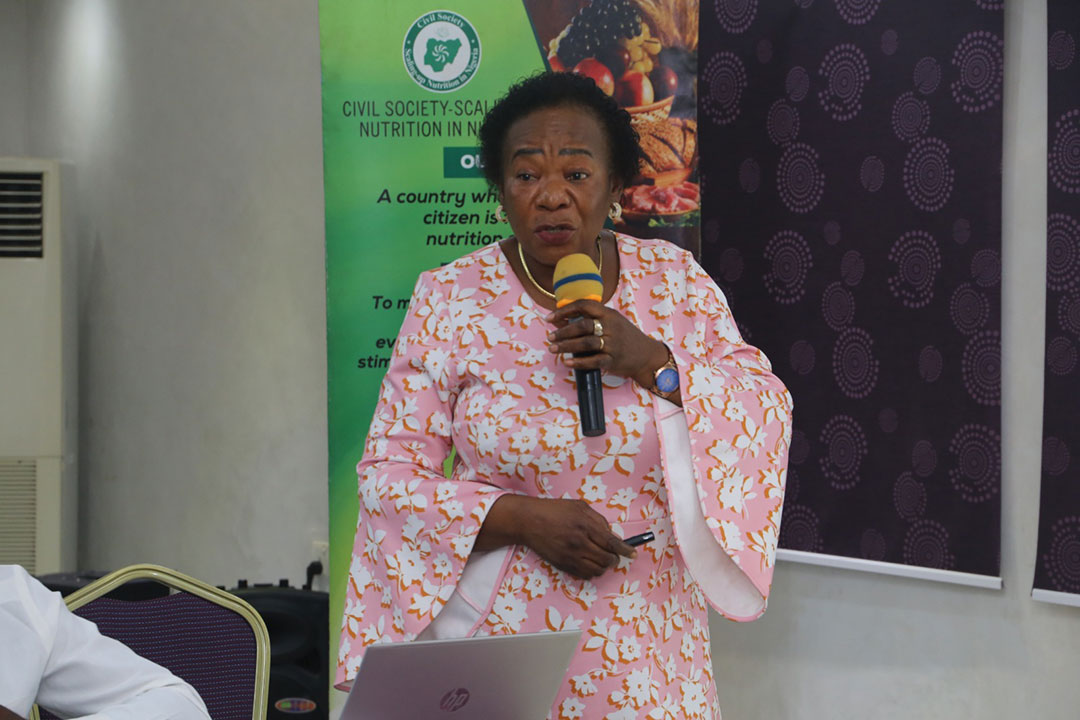Kenya’s Health Ministry partners with NGO to ramp up COVID-19 vaccination
The partnership with SHOFCO is expected to support the government’s push to administer 20 million jabs between January and June 2022, as well as keep routine immunisation going.
- 2 March 2022
- 4 min read
- by David Kipkorir

In a bid to accelerate the uptake of COVID-19 vaccination in informal settlements, Kenya’s Health Ministry has partnered with Shining Hope for Communities (SHOFCO), a non-governmental organisation located in Nairobi’s Kibra slum.
Kibra houses about 250,000 people and is regarded as the biggest slum in Africa, and one of the largest in the world.
“We want to make sure that majority of the community in Kibra is vaccinated and also educated on what the vaccine is about. We also do a lot of clarifications on the importance of other childhood routine immunisations such as for polio, measles and others even as we vaccinate them.”
It is here, at the SHOFCO health facility, that Robert Okwanyo Oloo, a 71-year-old resident of the area who suffers from hypertension, got vaccinated against COVID-19.
He is amongst the first 100 or so residents of Gatwekera village in Kibra to come to the facility, the majority of whom were receiving their first dose of the COVID-19 vaccine.

Oloo was given a clean bill of health by his doctor at the SHOFCO clinic after his blood pressure was marked as stabilised.
“The doctor said it is now safe to go for the COVID jab,” Oloo says with a smile. It is one sign that the government’s renewed vaccination campaign through community outreach is gradually bearing fruit.
SHOFCO is a grassroots movement that catalyses large-scale transformation in urban slums by providing critical services, community advocacy platforms, education, health and leadership development for women and girls.
It is also involved in tracing children, adolescents and women who, due to the pandemic, missed routine immunisation in the Kibra and Mathare slums in Nairobi.
SHOFCO’s Chief Programmes Officer Gladys Mwende says that rolling out the AstraZeneca vaccination at the Centre’s clinic is aimed at supporting the government push to administer at least 20 million vaccine doses, the majority donated through the COVAX facility, between January and June 2022.
“We felt that it was wise to bring the vaccination programme closer to the people,” she says.
Have you read?
It took some time for the Health Ministry to approve the organisation’s application to conduct community outreach vaccination campaigns.
“It was a bit of a process to get approval from the Ministry but because our work in the slums, especially in the area of health, is well documented, we finally received approval as a vaccination centre after a few months,” Mwende points out.
She says that rolling out the campaign in the informal settlement is important: Kibra is one of the most populated slums in Kenya where social distancing is a major problem.
“The turnout is good and it helps that we have enough vaccine doses,” she noted.
The organisation is using community health promoters and volunteers who are talking to households and community groups under the SHOFCO Urban Network about the vaccine.
“We want to make sure that majority of the community in Kibra is vaccinated and also educated on what the vaccine is about. We also do a lot of clarifications on the importance of other childhood routine immunisations such as for polio, measles and others even as we vaccinate them,” she added.
The organisation’s Director of Health, Emma Ingaiza, said initially the populations in Kibra were not prioritised, but when an outreach was conducted there was a huge turnout until some people had to be turned away because of social distancing issues.
“But since we are doing it at the centre, one of our goals is to ensure that we increase coverage and have more people come to the facility. This has saved time and money for the residents of the informal settlement as they are able to concentrate on their day-to-day activities,” she added.
Ingaiza added: “Currently we are exploring possibilities of conducting outreaches deeper into the informal settlements so that we can see how to start taking vaccines to the doorsteps of people.”
Rofina Miruka, another resident of Gwatekera village, confirmed that the strategy by SHOFCO to take the vaccines closer to communities will reach many people.
Through the partnership, SHOFCO hopes to maintain essential health services during the pandemic, immunisation recovery in the post-acute phase and sustained transformation and strengthening of vaccination services in the post-pandemic phase.
The National COVID-19 vaccine task force chairman, Dr Willis Akhwale says the government is now focusing on increasing community outreach campaigns in order to achieve the strict targets: “We have advised counties to intensify community outreach programmes,” he said, noting that other partners such as SHOFCO and faith-based health facilities were helping in this programme.
Follow David Kipkorir on Twitter: @DavidKipkorir
More from David Kipkorir
Recommended for you





